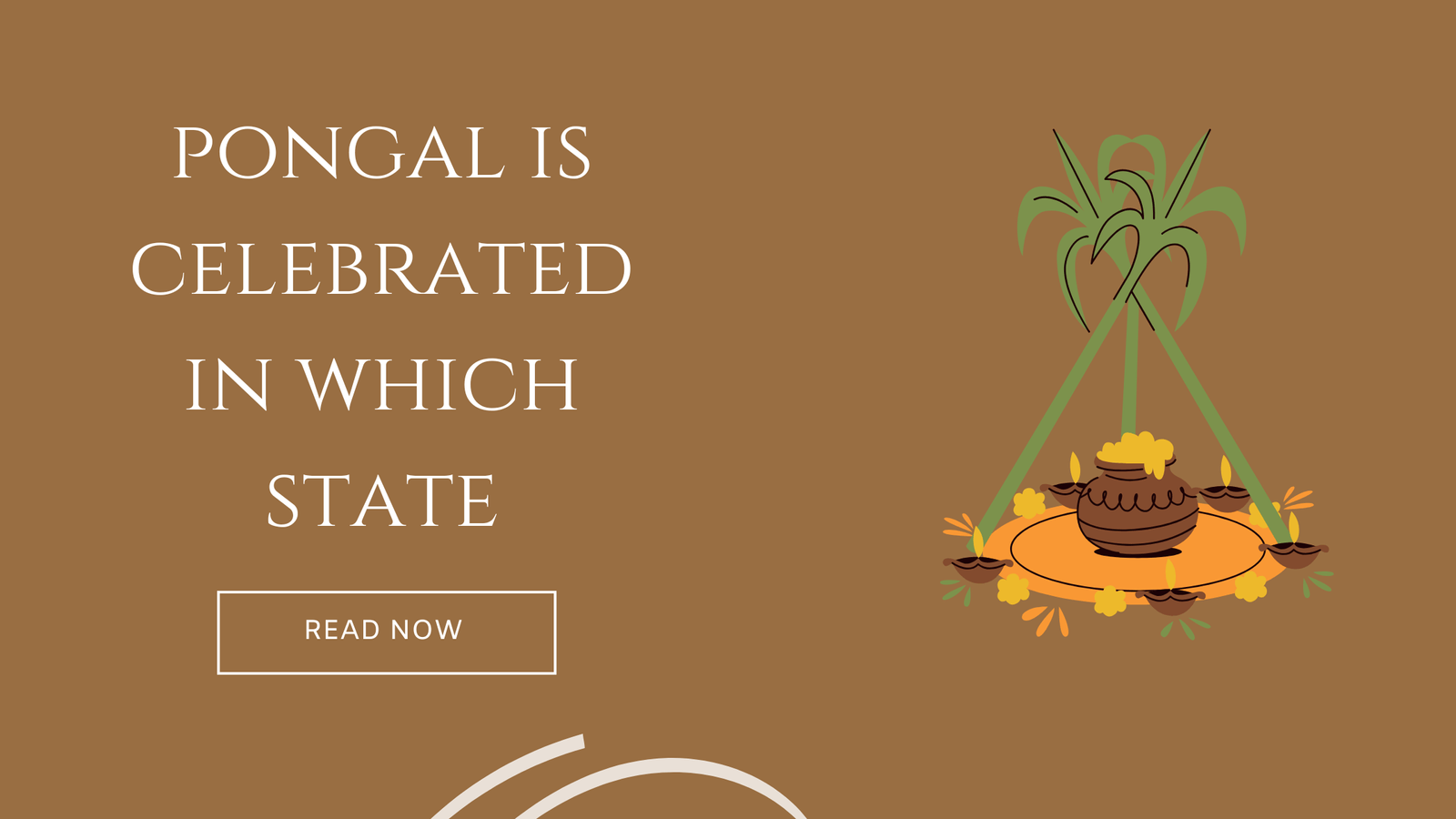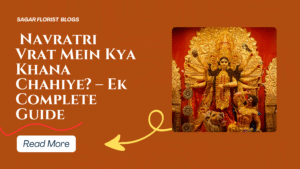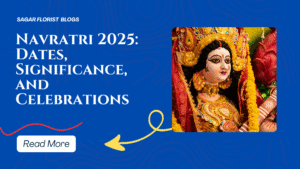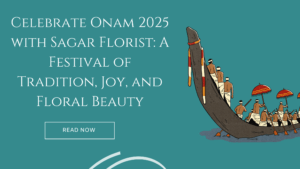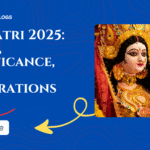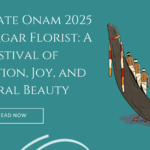Pongal Festival: Celebrating Harvest and Tradition in Tamil Nadu
Pongal is one of the most important festivals in India, especially celebrated in the state of Tamil Nadu. This vibrant and joyful festival marks the beginning of the harvest season and is a time for people to give thanks for the bountiful crops. The festival is filled with traditional rituals, festive foods, and cultural performances. Let’s explore Pongal in more detail, its significance, and how it’s celebrated in Tamil Nadu.
What is Pongal?
Pongal is a four-day harvest festival celebrated predominantly in the southern state of Tamil Nadu. The name “Pongal” refers to the dish made from newly harvested rice that is boiled with milk and jaggery in a clay pot. The word Pongal also means “overflowing” or “boiling over,” symbolizing abundance, prosperity, and the joys of the harvest season.
The festival typically takes place in mid-January and aligns with the Makar Sankranti festival celebrated across various parts of India. While Pongal is primarily celebrated in Tamil Nadu, it is also observed in other southern states such as Karnataka, Andhra Pradesh, and Telangana under different names and forms.
Why is Pongal Celebrated?
Pongal is a thanksgiving festival dedicated to Surya, the Sun God, for providing the energy and warmth necessary for the crops to grow. It is also a time for farmers to thank the cattle that help with plowing and the harvest. The festival celebrates the connection between humans, nature, and the animals that assist in agriculture.
How is Pongal Celebrated in Tamil Nadu?
The celebration of Pongal is marked by various customs, rituals, and regional traditions. Here’s how the festival unfolds over its four days:
1. Bhogi Pongal (First Day):
The first day of the festival is called Bhogi Pongal, and it is dedicated to Lord Indra, the god of rain. People clean their homes, discard old belongings, and light a bonfire to symbolize the end of the old and the beginning of the new. This is the day when people get rid of clutter and make way for fresh beginnings.
- Tradition: People gather old items and wood to build a bonfire and burn them.
- Rituals: Families pray for prosperity and a good harvest in the coming year.
2. Thai Pongal (Second Day):
The second day, Thai Pongal, is the main day of the festival and is dedicated to worshipping the Sun God. People prepare the special Pongal dish by boiling new rice with milk and jaggery in an earthen pot. This dish is considered a symbol of abundance and is shared with family and friends.
- Tradition: The ritual of cooking Pongal rice in an open field or on the terrace is a highlight of the day.
- Rituals: Farmers thank the Sun God for a successful harvest and seek blessings for the future. Cows, bulls, and other animals are adorned and celebrated as they are essential to farming.
3. Mattu Pongal (Third Day):
The third day of Pongal is Mattu Pongal, a day dedicated to honoring cattle, especially cows and bulls, which play a vital role in farming. Farmers decorate their animals with garlands, paint their horns, and offer them special food as a sign of gratitude for their hard work in the fields.
- Tradition: The cattle are bathed, adorned, and made the center of attention in parades and celebrations.
- Rituals: Special prayers are offered to the cattle, and festivities often include dances and songs celebrating their role in agriculture.
4. Kanum Pongal (Fourth Day):
The fourth day, Kanum Pongal, is a day for socializing and family reunions. It is a time for people to visit relatives, exchange gifts, and enjoy the outdoors. This day symbolizes the enjoyment of the fruits of labor and the bond of community and family.
- Tradition: People spend time with family and friends, often enjoying picnics and outdoor activities.
- Rituals: People exchange greetings and gifts, and special dishes are prepared for the occasion.
Cultural Significance of Pongal in Tamil Nadu:
Pongal is more than just a harvest festival—it’s a time for the people of Tamil Nadu to express gratitude to nature, celebrate their culture, and strengthen social bonds.
- Family and Community: Pongal is a festival that brings families together. It’s a time to reconnect with loved ones, share meals, and celebrate with community members.
- Agriculture and Rural Life: Pongal highlights the deep connection between Tamil people and agriculture. The festival’s rituals honor the hard work of farmers and their contribution to society.
- Cultural Expressions: During Pongal, traditional dances like Kolattam (a dance involving sticks) and folk performances are common. Traditional Kolam (rangoli) patterns are also drawn at the entrance of homes.
Pongal Foods and Sweets:
Food plays a central role in the celebration of Pongal. The festival is known for its delicious and rich dishes made from fresh, seasonal ingredients.
- Pongal (Dish): A rice dish made with freshly harvested rice, milk, jaggery, and nuts, cooked to perfection.
- Ven Pongal: A savory version of Pongal made with rice, lentils, black pepper, and spices.
- Sakkarai Pongal: A sweet rice dish flavored with jaggery and ghee, typically offered to the gods during prayers.
- Other Sweets: Tamilians prepare traditional sweets like Adirasam (Indian doughnuts) and Laddu (sweet balls) during the festival.
Conclusion:
Pongal is a celebration of life, nature, and the blessings that come from hard work and abundance. It’s a time to come together with family, honor the Sun God, express gratitude to cattle, and rejoice in the harvest. While Tamil Nadu is the heart of Pongal celebrations, the festival is enjoyed by people across India in various forms. The traditions, rituals, and cultural significance make Pongal one of the most joyous and meaningful festivals in the country.
If you ever get the chance to visit Tamil Nadu during Pongal, you’ll experience the warmth, joy, and hospitality of the people as they celebrate this vibrant festival.
